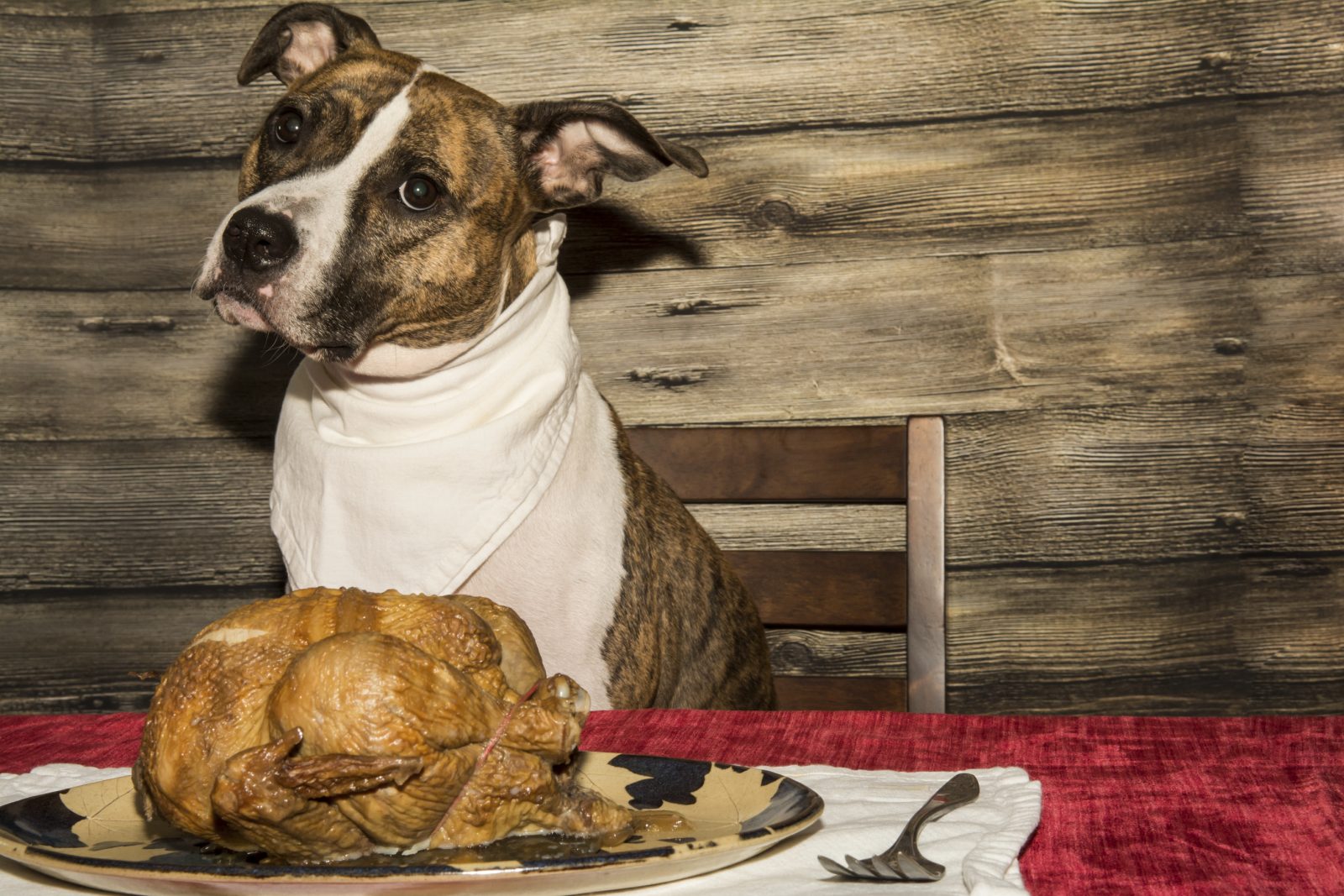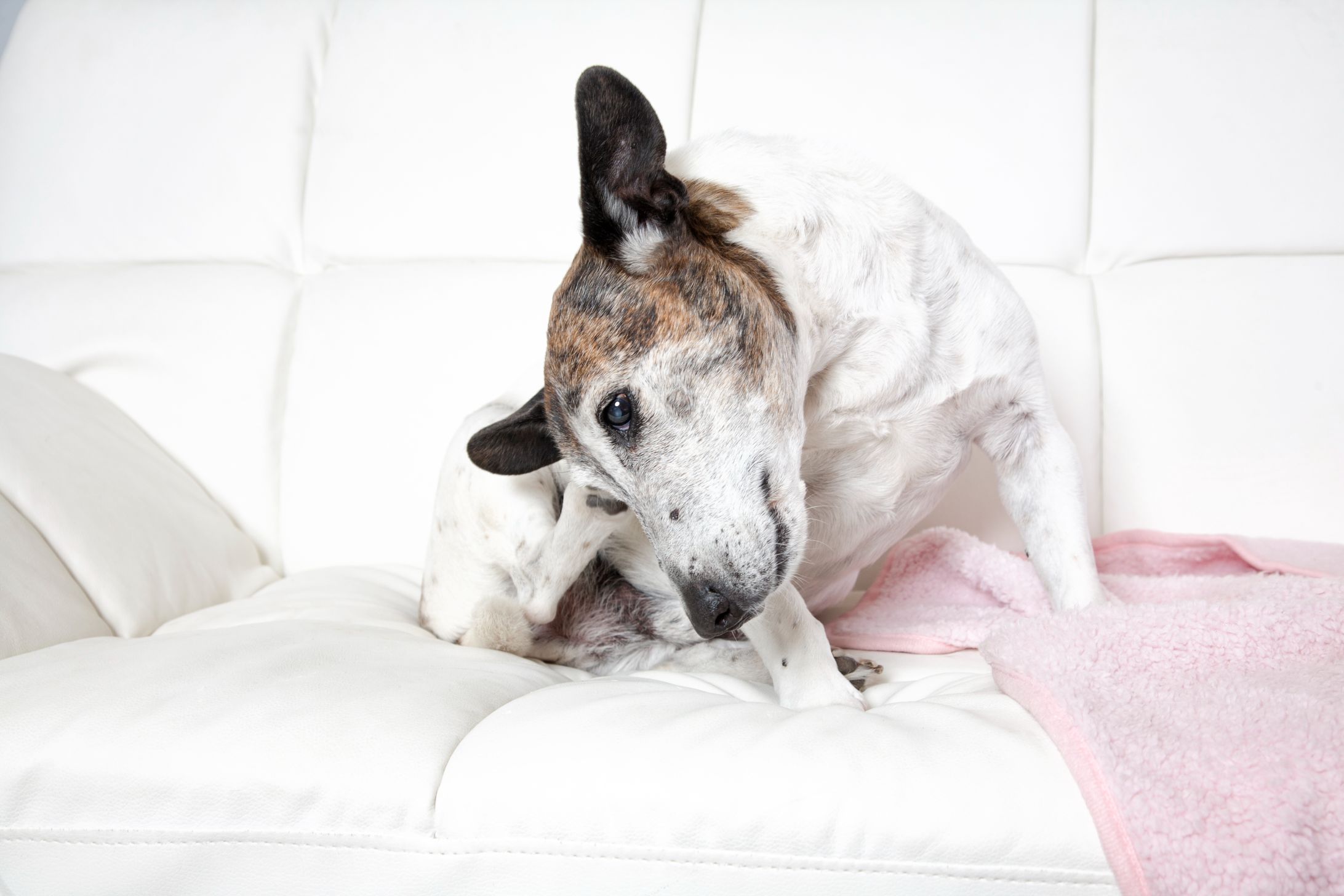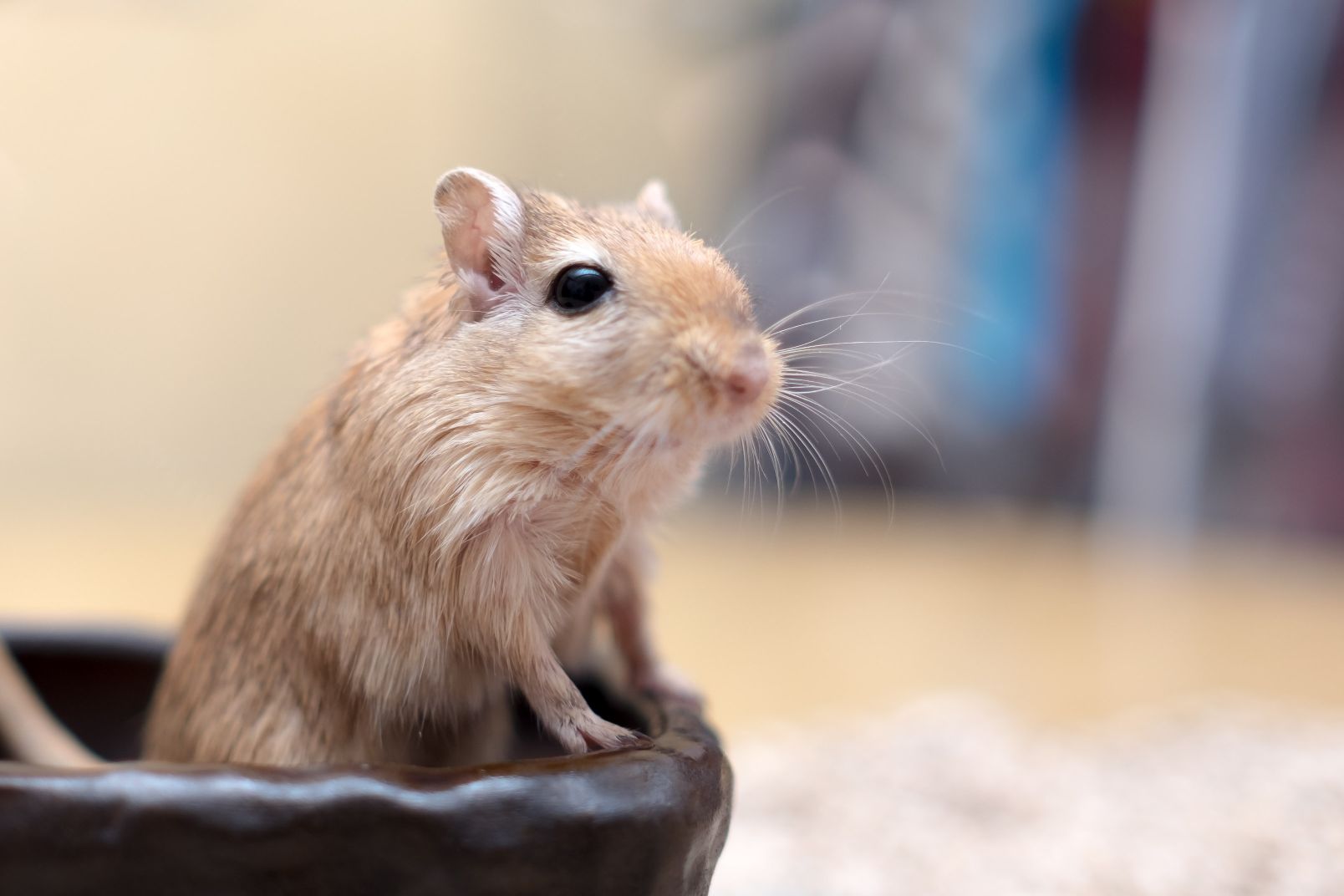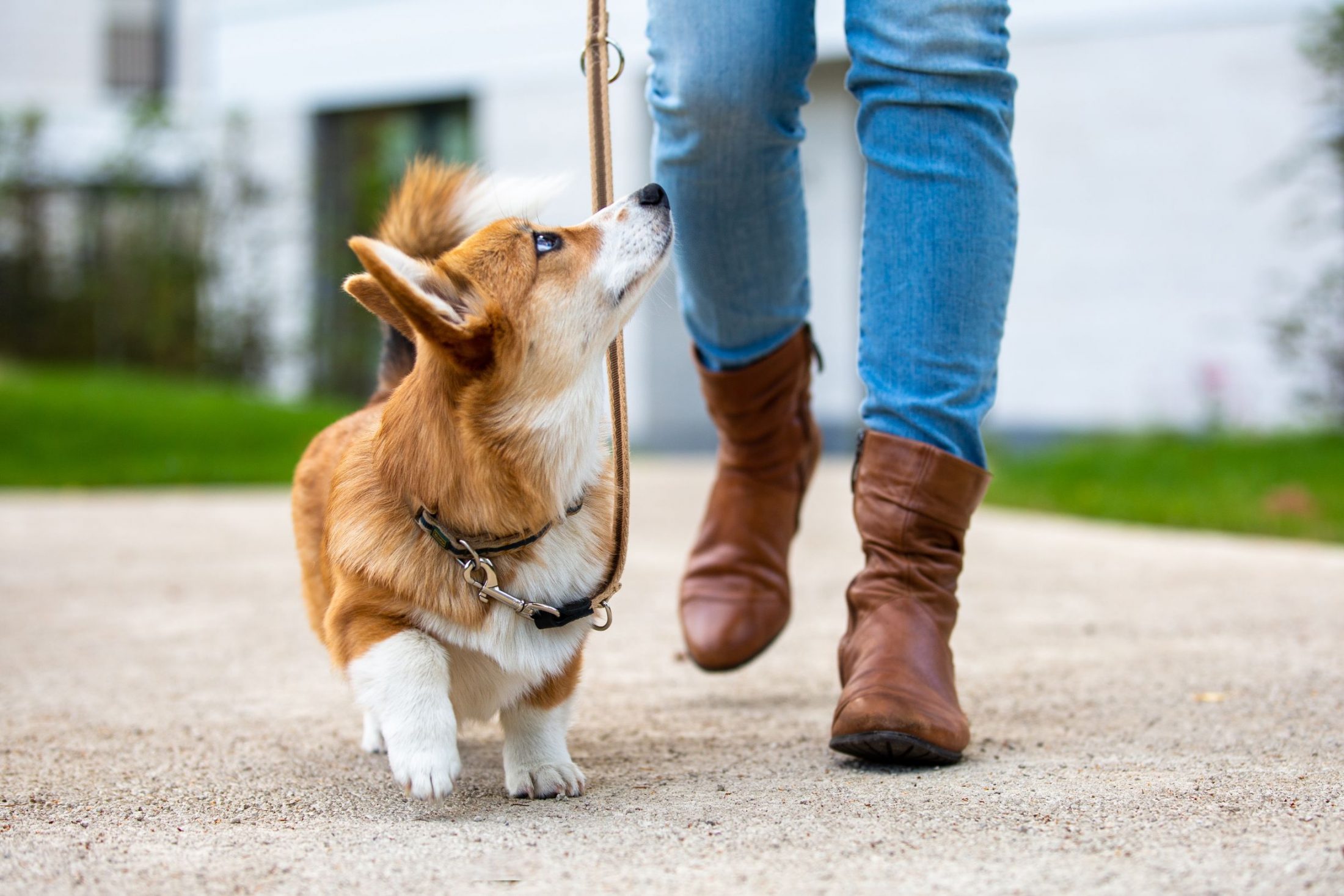 A 2015 Pet Obesity Prevention survey found that 53.8% of dogs and 58.2% of cats in North American households are overweight or obese. While there are certain medical factors that can contribute to obesity in pets, the extra weight is generally the result of too much food and too little exercise.
A 2015 Pet Obesity Prevention survey found that 53.8% of dogs and 58.2% of cats in North American households are overweight or obese. While there are certain medical factors that can contribute to obesity in pets, the extra weight is generally the result of too much food and too little exercise.
Overweight pets are at risk for many of the same health problems as overweight humans, including cancer, diabetes, arthritis, kidney disease, and high blood pressure. These risks make it vitally important for pet owners to understand how to prevent obesity and better manage weight in pets.
Recognizing Obesity in Pets
Many of us are so used to the sight of chubby pets that we don’t even realize our own pets are overweight! A quick check of your pet will help you to determine if he or she has a weight problem. A pet at a healthy body weight should:
- Have a visible waist when looked at from above
- Have a tucked up abdomen when viewed from the side
- Have ribs that are easy to feel without pressing down on them
My Pet is Overweight…Now What Do I Do?
First of all, don’t panic. By committing to a few lifestyle changes, it’s possible to help your pet stay happy and fit.
Diet – Overweight pets are likely consuming more calories than they are burning. You can help reduce your pet’s overall caloric intake in the following ways:
- Portion size counts! Your veterinarian will help you come up with the appropriate amount of high quality food to feed your pet each day, based on his or her age, health concerns, and activity level.
- Don’t feed table scraps to your pet, and make sure no one else does. Keep pets out of the room during meal times.
- Limit treats and break them into halves or quarters to reduce their size.
- Use non-food rewards during training, such as praise, attention, or playtime.
Exercise – Regular exercise is a cornerstone of healthy weight for both pets and people. Help your pet get the daily movement he or she needs by:
- Committing to a daily walk or playtime for dogs.
- Providing indoor cats with opportunities for activity by using a cat tree, a jungle gym, or an old-fashioned game of feather chase each day.
- Agility classes or added obedience training can provide dogs with an outlet to burn off excess energy while encouraging mental stimulation.
Don’t Forget the Little Guys!
It’s easy to overfeed pocket pets, such as hamsters, rats, guinea pigs, and other small animals, and they suffer the ill effects of obesity just as much as cats and dogs.
Pocket pets should visit the veterinarian at least once yearly to be weighed and examined for signs of health problems. Your veterinarian will advise you about the proper types and amounts of feed for your small pet, as well as help you determine the appropriate exercise routines to keep your little buddy in tiptop shape.
Helping your pet maintain his or her ideal body weight is just as important as providing shelter, food, and love. If you are concerned about your pet’s weight, or are having trouble helping him or her to shed excess pounds, please don’t hesitate to call your team at Summeridge Animal Clinic.



